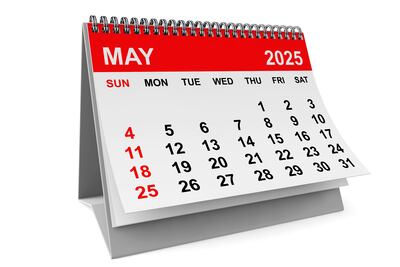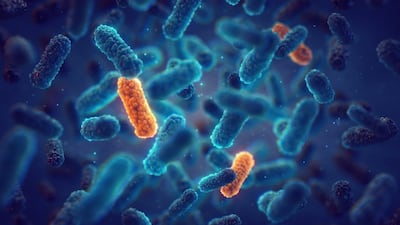CellTrans, Inc. has not adequately demonstrated that donislecel reduces the incidence of severe hypoglycemic events or improves glycemic control in a subpopulation of type 1 diabetics, but the allogeneic pancreatic islet cellular therapy can provide prolonged insulin independence for some patients, the US Food and Drug Administration said.
In briefing documents released ahead of a 15 April meeting of the Cellular, Tissue and Gene Therapies Advisory Committee, the agency concludes that missing data and characteristics of the enrolled...
Advisory Committee Voting Question
- Does donislecel delivered by intraportal administration have an overall favorable benefit-risk profile for some patients with type 1 diabetes?






